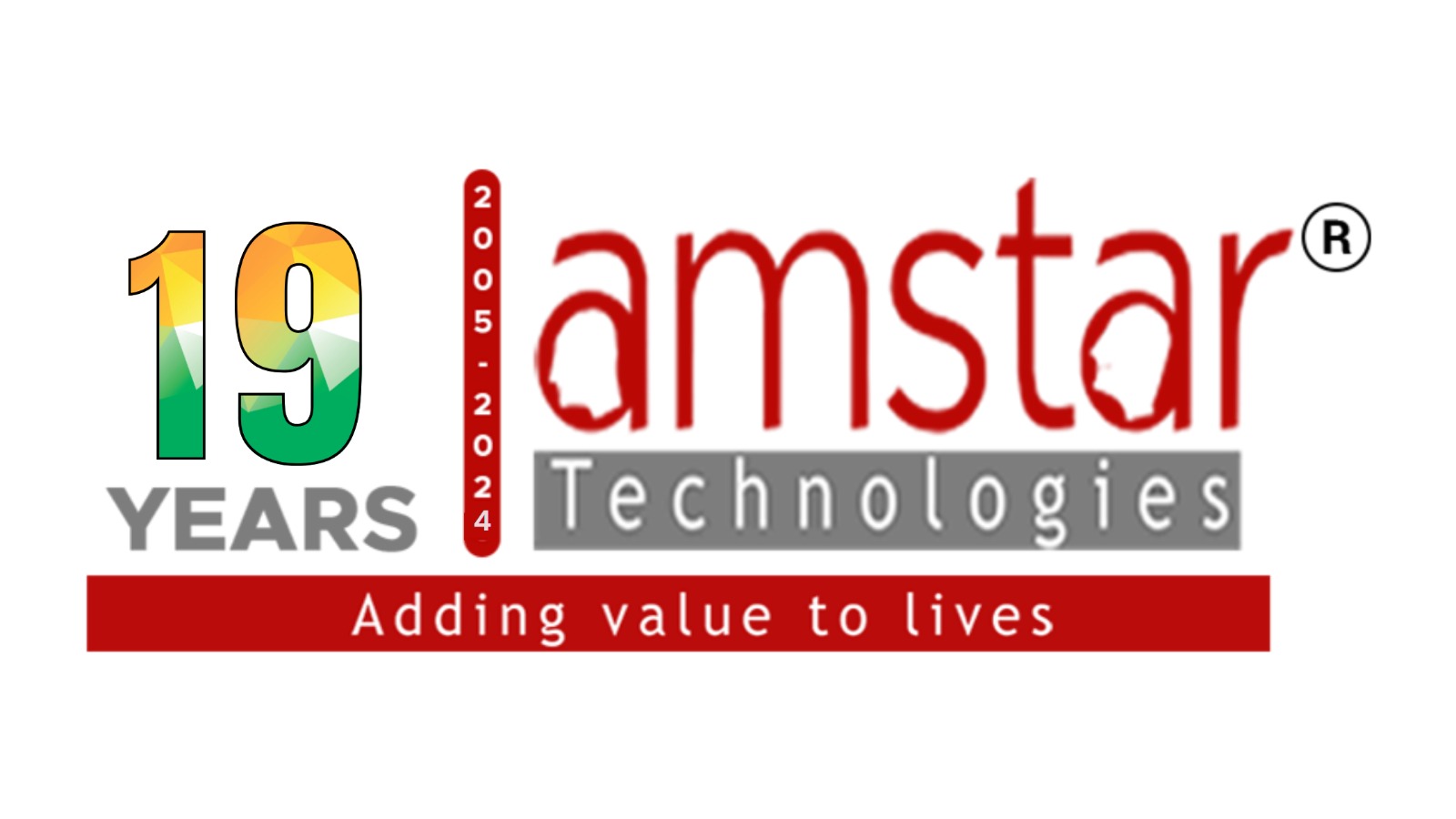Java Basics
Course Duration: 32 hrs
Trainer: Jayanthi
Training Date: Nov 2nd – Nov 11th (4 hrs each day)
Contents
- Overview of Java
1.1. History of Java
1.2. What is Java?
1.3. Why Java? - A Java Hello World Program
2.1. HelloWorld.java
2.2. Java Keywords
2.3. Java Identifiers
2.4. Compiling Java Programs
2.5. Running Java Programs
2.6. Comments in Java Code
2.7. The main() Method - Data Types
3.1. Declaring and Assigning Variables
3.2. Java Primitive Types
3.3. Conversion Between Types
3.4. Declaring Arrays
3.5. Creating and Initializing Array Objects
3.6. Modifying Array Size
3.7. Strings - Operators
4.1. Arithmetic Operators
4.2. Shortcut Arithmetic Operators
4.3. String Concatenation
4.4. Relational Operators
4.5. Logical Boolean Operators
4.6. Bitwise Operators
4.7. Assignment Operators
4.8. Other Operators
4.9. Operator Precedence - Statements and Flow Control
5.1. Expressions
5.2. Statements and Blocks
5.3. Local Variable Storage: The Stack
5.4. The return Statement
5.5. The if-else Statement
5.6. The switch Statement
5.7. The switch Statement (cont.)
5.8. The while Loop Statement
5.9. The for Loop Statement
5.10. Using for to Iterate over Arrays and Collections
5.11. The break Statement
5.12. The continue Statement
5.13. Nested Loops and Labels - Object-Oriented Programming in Java
6.1. What is Object Oriented Programming (OOP)?
6.2. Why OOP?
6.3. Class vs. Object
6.4. Classes in Java
6.5. Objects in Java
6.6. Java Memory Model
6.7. Accessing Objects through References
6.8. Garbage Collection
6.9. Methods in Java
6.10. Methods in Java (cont.)
6.11. Method Declarations
6.12. Method Signatures
6.13. Invoking Methods
6.14. Static vs. Instance Data Fields
6.15. Static vs. Instance Methods
6.16. Method Overloading
6.17. Variable Argument Length Methods
6.18. Constructors
6.19. Constructors (cont.)
6.20. Constants
6.21. Encapsulation
6.22. Access Modifiers: Enforcing Encapsulation
6.23. Accessors (Getters) and Mutators (Setters)
6.24. Inheritance
6.25. Inheritance, Composition, and Aggregation
6.26. Inheritance in Java
6.27. Invoking Base Class Constructors
6.28. Overriding vs. Overloading
6.29. Polymorphism
6.30. More on Upcasting
6.31. Downcasting
6.32. Abstract Classes and Methods
6.33. Interfaces
6.34. Defining a Java Interface
6.35. Implementing a Java Interface
6.36. Polymorphism through Interfaces
6.37. Object: Java’s Ultimate Superclass
6.38. Overriding Object.toString()
6.39. Object Equality
6.40. Object Equivalence
6.41. Object Equivalence (cont.) - Packaging
7.1. Why is Packaging Needed?
7.2. Packages in Java
7.3. Sub-Packages in Java
7.4. Package Naming Conventions
7.5. Using Package Members: Qualified Names
7.6. Importing Package Members
7.7. Static Imports
7.8. Access Modifiers and Packages
7.9. The Class Path
7.10. Java Archive (JAR) Files
7.11. The jar Command-Line Tool Examples - JavaDoc
8.1. What is JavaDoc?
8.2. Reading Doc Comments (Java API)
8.3. Defining JavaDoc
8.4. Doc Comment Tags
8.5. Generating Doc Comment Output - Exceptions
9.1. What are Exceptions?
9.2. Why Use Exceptions?
9.3. Built-In Exceptions
9.4. Exception Types
9.5. Checked vs. Unchecked Exceptions
9.6. Exception Lifecycle
9.7. Handling Exceptions
9.8. Handling Exceptions (cont.)
9.9. Grouping Exceptions
9.10. Throwing Exception
9.11. Creating an Exception Class
9.12. Nesting Exceptions - The java. lang Package
10.1. Primitive Wrappers
10.2. String and StringBuilder
10.3. The Math Class
10.4. The System Class - Input/Output
11.1. Representing File Paths
11.2. Managing File Paths
11.3. Input/Output Class Hierarchy
11.4. Byte Streams
11.5. Character Streams
11.6. Exception Handling in Java I/O
11.7. Java File I/O Classes
11.8. Easy Text Output: PrintWriter/PrintStream
11.9. Reading from the Terminal
11.10. Filtered Streams
11.11. Object Serialization - java.net
12.1. java.net.InetAddress
12.2. URL/Connections
12.3. TCP Sockets - Java Collections and Generics
13.1. The Java Collections Framework
13.2. The Collection Interface
13.3. Iterating Over a Collection
13.4. The List Interface
13.5. Classes Implementing List
13.6. The Set and SortedSet Interfaces
13.7. Classes Implementing Set
13.8. The Queue Interface
13.9. The Map Interface
13.10. Retrieving Map Views
13.11. Classes Implementing Map
13.12. The Collections Class
13.13. Type Safety in Java Collections
13.14. Java Generics
13.15. Generics and Polymorphism
13.16. Type Wildcards
13.17. Qualified Type Wildcards
13.18. Generic Methods - Threading
14.1. Runnable And Thread
14.2. Thread Synchronization
14.3. More Thread Synchronization
14.4. Java 5 Concurrency Features
14.5. Thread Scheduling Pre-Java 5
14.6. Thread Scheduling In Java 5
14.7. Java 5’s ExecutorService
14.8. Getting Results From Threads Pre Java 5
14.9. Getting Results From Threads In Java 5
14.10. Thread Sync Pre-Java 5
14.11. Thread Sync In Java 5 With Locks
14.12. Benefits Of Java 5 Locks
14.13. Java 5 Conditions
14.14. Atomics In Java 5
14.15. Other Java 5 Concurrency Features - Additional Java Features
15.1. The Date Class
15.2. The Calendar Class
15.3. The TimeZone Class
15.4. Formatting and Parsing Dates
15.5. Formatting and Parsing Dates
15.6. Typesafe Enums
15.7. Typesafe Enums (cont.)
15.8. EnumSet and EnumMap
15.9. Annotations
15.10. Using Annotations
15.11. Standard Java Annotations - java.sql
17.1. JDBC Overview
17.2. JDBC Drivers
17.3. Getting a JDBC Connection
17.4. Preparing a Statement
17.5. Processing ResultSet
17.6. Using ResultSetMetaData
17.7. Updates
Trainer Summary:
Jayanthi have 17+ years of experience as a Trainer. She has Excellent knowledge of Computer Science and the new methodologies and providing the real-time knowledge about technology. She is into Research publications. She had conducted training on SQL, PL/SQL, Java, and J2EE, Python.
